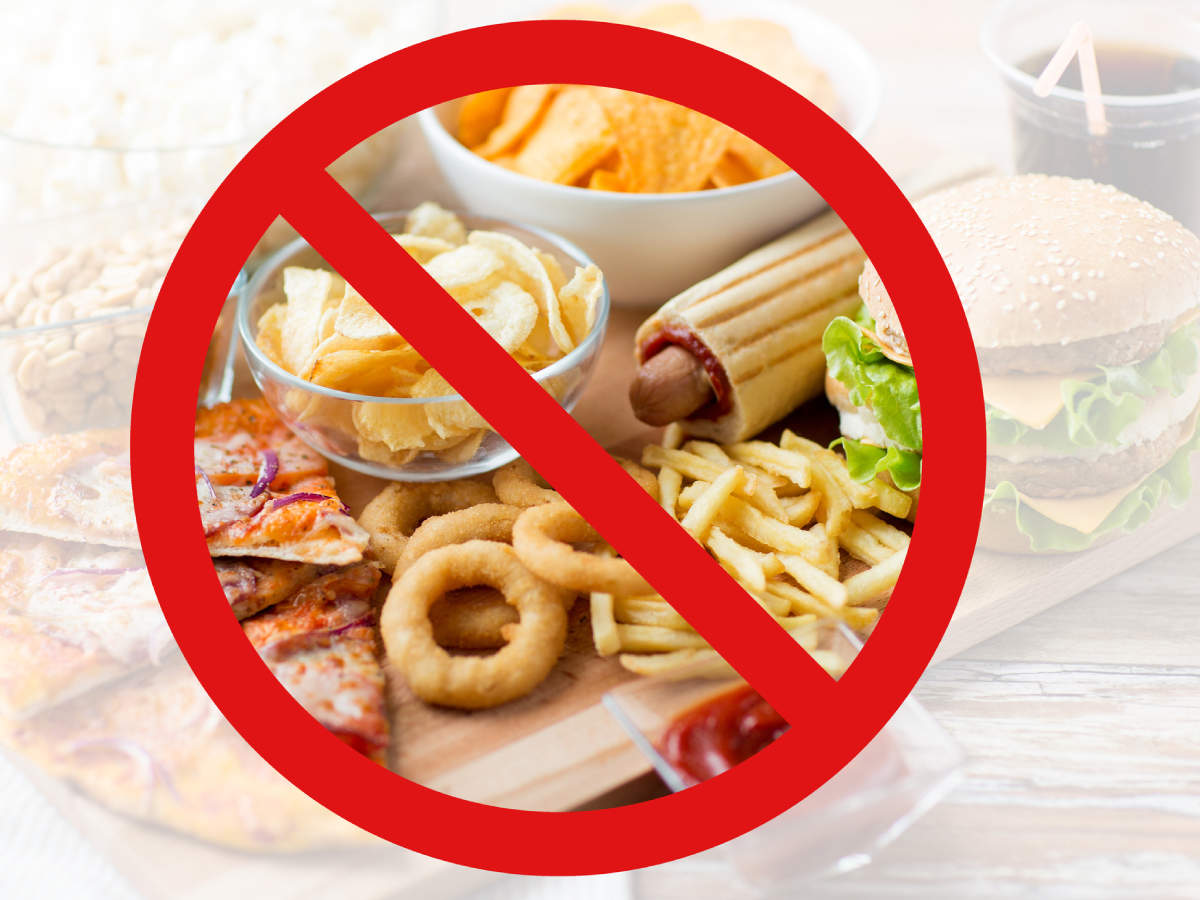Balancing a hectic work schedule with maintaining a nutritious diet is a common challenge for busy professionals. Long meetings, tight deadlines, and endless tasks often leave little room for planning healthy meals, leading to reliance on fast food or skipping meals entirely. However, eating well doesn’t have to be complicated or time-consuming. With smart strategies and preparation, you can fuel your body effectively while managing your career demands.
This guide offers practical tips and actionable advice to help you prioritize your health, boost your energy, and stay focused on your goals. Let’s dive into the ultimate plan for healthy eating tailored to your busy lifestyle.
1. Meal Prep: The Cornerstone of Success
Planning and preparing meals ahead of time can save you hours during the week. Dedicate one or two days to cooking large batches of food that can be divided into portions for quick, healthy meals. Focus on dishes like quinoa salads, grilled chicken, or stir-fried vegetables, which are easy to store and reheat. Use airtight containers to maintain freshness. Having ready-to-eat meals ensures you avoid unhealthy choices when you’re short on time.
2. Prioritize Nutrient-Dense Foods
When time is limited, every bite counts. Choose nutrient-rich options that provide maximum energy and nourishment. Whole grains, lean proteins, and healthy fats are your best allies. Stock up on foods like oatmeal, eggs, nuts, avocados, and fresh produce.

These ingredients not only keep you full longer but also supply essential vitamins and minerals to support your busy lifestyle.
3. Smart Snacking to Beat Cravings
Keeping healthy snacks within reach can help curb hunger between meals and prevent overeating later. Opt for portable options such as trail mix, yogurt, or fresh fruit. Avoid processed snacks like chips or candy bars, which may provide quick energy but lead to crashes later. Pack snack portions in advance to resist the temptation of grabbing unhealthy alternatives at work.
4. Stay Hydrated Throughout the Day

Dehydration can impair your concentration and energy levels. Always keep a water bottle at your desk and aim to drink regularly throughout the day. If plain water feels bland, try adding slices of lemon, cucumber, or mint for flavor. Limit your intake of sugary drinks and excessive caffeine, as they can lead to energy slumps and dehydration.
5. Master the Art of Quick Breakfasts
Starting your day with a nutritious breakfast sets the tone for sustained energy and focus. Choose easy-to-make options like overnight oats, smoothies, or whole-grain toast with peanut butter. Preparing your breakfast the night before can save precious minutes in the morning while ensuring you don’t skip this vital meal.
6. Choose Healthier Takeout Options
When dining out or ordering takeout is unavoidable, make informed choices. Opt for grilled, steamed, or roasted dishes instead of fried or breaded ones. Look for meals that include a balance of protein, vegetables, and whole grains. Many restaurants now offer calorie counts and ingredient transparency, making it easier to select wholesome options.

7. Keep Your Pantry Stocked
A well-stocked pantry can help you whip up quick, healthy meals even on the busiest days. Essentials like canned beans, brown rice, whole-grain pasta, olive oil, and frozen vegetables can serve as the base for countless recipes. These staples ensure you’re never at a loss for nutritious meal ideas.
8. Time-Saving Kitchen Gadgets
Invest in appliances that simplify cooking, such as a slow cooker, instant pot, or blender. These tools allow you to prepare meals with minimal effort and time. For example, you can set up a slow cooker in the morning and return home to a ready-to-eat dinner. Blenders are perfect for quick smoothies packed with fruits and greens.
9. Plan for Business Travel
Traveling for work doesn’t mean abandoning your healthy eating habits. Pack non-perishable snacks like protein bars or dried fruits for long flights or road trips. Research dining options at your destination to identify restaurants offering balanced meals. Many hotels also offer refrigerators, making it easy to store perishable snacks or leftovers.
10. Incorporate Mindful Eating
Eating mindfully can improve digestion and prevent overeating. Avoid multitasking during meals; instead, focus on your food, chew slowly, and savor each bite. This practice helps you recognize when you’re full and enhances your overall eating experience.
11. Work-Friendly Lunch Ideas
Packing your lunch ensures control over ingredients and portion sizes. Prepare simple meals like turkey wraps, quinoa bowls, or roasted veggie salads. Use insulated lunch bags to keep your meals fresh until it’s time to eat. Having a ready-made lunch prevents the temptation of ordering high-calorie office food.
12. Limit Processed Foods

Processed items often contain hidden sugars, unhealthy fats, and excess sodium. Gradually replace packaged snacks with whole-food alternatives. For instance, choose fresh fruit over sugary granola bars or air-popped popcorn instead of chips. Reading labels carefully can also help you identify healthier options.
13. Learn Quick Recipes
Familiarizing yourself with a few simple, healthy recipes can make meal prep less daunting. Stir-fries, sheet pan dinners, and hearty soups are versatile and easy to customize based on what you have on hand. Cooking doesn’t have to be elaborate to be delicious and nutritious.
14. Utilize Meal Delivery Services
If cooking every day feels overwhelming, consider healthy meal delivery services. Many companies offer pre-portioned ingredients or fully prepared meals designed to fit various dietary needs. This option saves time while ensuring you stick to your wellness goals.
15. Involve Your Family or Colleagues
Encourage your loved ones or coworkers to join you on your journey toward healthier eating. Preparing meals together can be a fun and motivating activity. At work, propose healthier options for team lunches or office snacks. A supportive environment fosters consistency and accountability.
16. Set Realistic Goals

Transitioning to healthier eating doesn’t happen overnight. Set achievable milestones, such as adding one serving of vegetables to your meals or replacing one soda with water daily. Celebrate small victories to stay motivated and gradually build sustainable habits.
17. Monitor Your Progress
Tracking your meals and snacks helps identify patterns and areas for improvement. Apps like MyFitnessPal or Cronometer make it easy to log your daily intake. This practice keeps you accountable and highlights how your food choices align with your health goals.
18. Balance Indulgence with Moderation
A healthy diet doesn’t mean giving up all your favorite treats. Allow yourself occasional indulgences in moderation. Enjoy a piece of dark chocolate or a slice of pizza guilt-free, as long as your overall diet remains balanced. This approach prevents feelings of deprivation and helps maintain long-term adherence.
19. Seek Professional Guidance
If you’re unsure about creating a diet plan that fits your lifestyle, consider consulting a registered dietitian or nutritionist. They can provide personalized advice and strategies tailored to your unique needs and preferences, ensuring you achieve optimal results.
20. Commit to Long-Term Change
Healthy eating is a lifelong journey, not a quick fix. Stay flexible and adapt your habits as your lifestyle evolves. Consistency and persistence are more important than perfection. Remember, every small step counts toward a healthier, more energized you.
Conclusion
Busy schedules don’t have to derail your commitment to a healthy lifestyle. By implementing these strategies, you can enjoy nutritious meals and sustain your energy throughout demanding workdays. From meal prepping to mindful eating, these tips empower professionals to prioritize their health without compromising on productivity. Start integrating these habits today and experience the transformative impact of healthy eating in your life. Don’t forget to share your thoughts or experiences in the comments below—we’d love to hear from you!

Leave a Reply